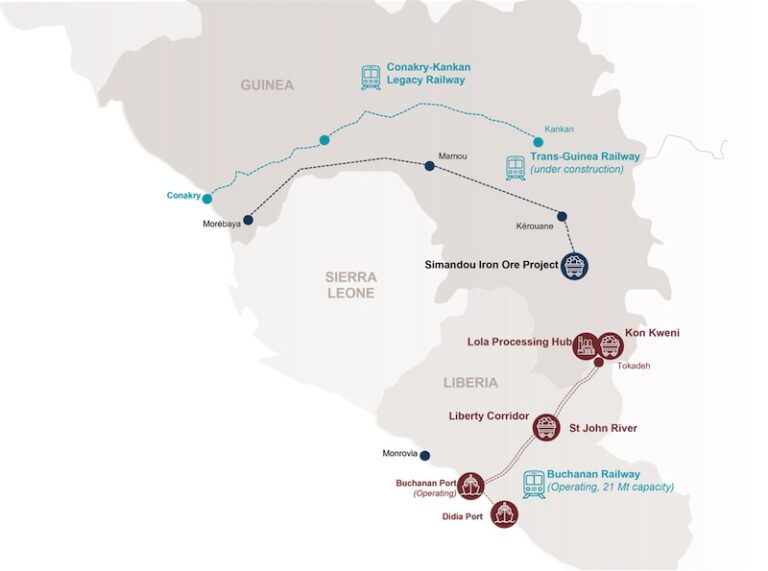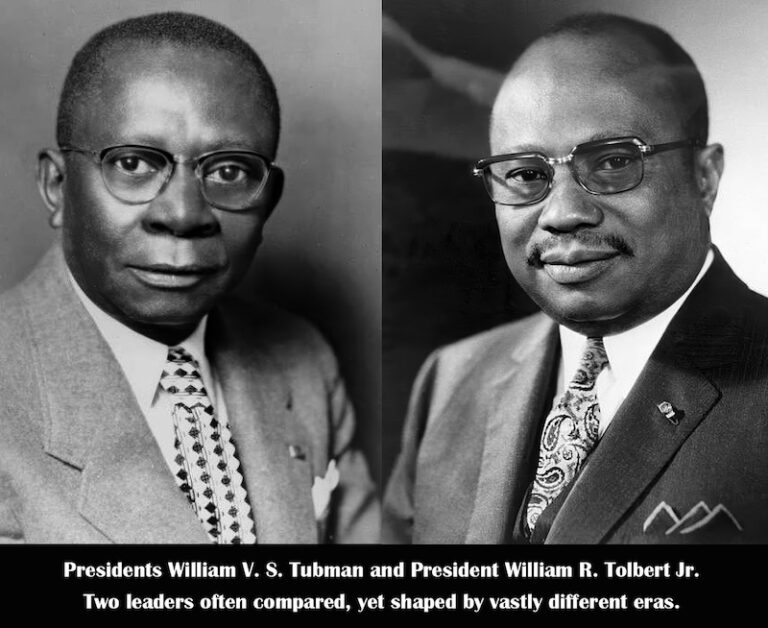
By Dwoe Peter
Liberia’s struggle for effective governance and national development has been consistently undermined by the entrenchment of the spoils system in its public sector. Rooted in a culture of political patronage, this system rewards political loyalty over professional competence, with elected officials using state resources and appointments as tools for consolidating power. While this practice may yield short-term political gains for those in office, it fundamentally weakens the state’s ability to serve its people and build institutions capable of advancing national interests. To secure a future built on accountability, inclusion, and sustainable growth, Liberia must take deliberate steps to dismantle the spoils system and adopt a civil service model that values merit, transparency, and professionalism.
The spoils system in Liberia has historical roots tracing back to the 19th century, when political office was often viewed not as a platform for service, but as a reward for loyalty. From the early days of Americo-Liberian dominance, through periods of military rule, to post-conflict democratic transitions, political leaders have used public sector employment as a patronage tool. Successive administrations, irrespective of ideological orientation, have maintained the practice of dismissing civil servants en masse after elections, replacing them with supporters, friends, or family members.
This legacy has persisted due to several reinforcing factors: a weak regulatory framework, limited institutional capacity, low salaries that make public jobs highly sought after, and a political culture that prioritizes loyalty and ethnicity over national interest. Even after attempts at reform, including efforts supported by international partners following the end of Liberia’s civil war in 2003, implementation has often been inconsistent and undermined by a lack of political will.
The consequences of a patronage-based public service are both immediate and far-reaching. Firstly, it severely undermines the efficiency of government institutions. When unqualified individuals are appointed to key positions based on connections rather than competence, the quality of public service delivery declines. Ministries and agencies are often staffed by personnel lacking the technical expertise or experience to fulfill their mandates, resulting in delays, errors, and mismanagement of public resources.
Secondly, the spoils system erodes public trust in government. Citizens lose faith in institutions when they perceive public appointments as unfair and corrupt. This perception contributes to a broader culture of cynicism and disengagement from the political process, weakening democratic governance.
Thirdly, the system fuels corruption. Appointees who receive positions as political favors often feel little obligation to follow rules or serve the public interest. Instead, they may prioritize personal enrichment, political survival, or the advancement of their patron’s agenda. This culture of impunity weakens accountability mechanisms and diverts resources away from development priorities.
Finally, the spoils system discourages talented Liberians—particularly young professionals and diaspora returnees—from entering public service. With few opportunities for career advancement based on performance, and constant threats of dismissal when administrations change, public service is often seen as a politically risky or unappealing career path.
Ending the spoils system requires more than symbolic declarations; it demands comprehensive and sustained reforms at multiple levels of government. Below are key strategies to guide this transformation:
1. Strengthen and Empower the Civil Service Commission (CSC)
The CSC must be made truly independent, with the authority and resources to regulate recruitment, promotions, and disciplinary actions across all government institutions. It should be protected from political interference through legal safeguards and report directly to the legislature rather than the executive branch. The appointment of its leadership should involve multiparty consensus and public vetting to enhance credibility.
2. Enact and Enforce Merit-Based Hiring Practices
The government must institutionalize transparent and competitive recruitment processes. This means publishing all job openings, requiring applicants to go through standardized exams and interviews, and publicly releasing selection criteria and results. Promotion and career progression should be based on performance evaluations and professional development, not political affiliation.
-
3.Implement a Comprehensive Civil Service Law
A robust legal framework is essential to codify merit principles and protect civil servants from arbitrary dismissal. This law should define job classifications, establish fixed terms for certain positions, and create clear pathways for redress in cases of unfair treatment. Provisions must also include penalties for political interference in hiring and dismissal processes.
4. Introduce Digital HR Systems to Promote Transparency
Establishing a centralized Human Resource Information System (HRIS) will help manage government personnel data, prevent ghost workers, and allow for the monitoring of recruitment and performance. Digitalization also increases transparency by making appointment and payroll data accessible to oversight institutions and the public.
5. Professionalize the Civil Service Through Training and Development
Civil servants should have access to ongoing professional development programs to build capacity and improve service delivery. The government can partner with academic institutions and international organizations to deliver certified training in public administration, ethics, finance, and leadership. Performance appraisals should be linked to continued training and career advancement opportunities.
6. Create Incentives for Retention and Performance
A major barrier to reform is the poor remuneration of civil servants. Competitive salaries, performance-based bonuses, and recognition programs can help attract and retain skilled professionals. These incentives must be tied to transparent evaluation metrics that reward integrity, innovation, and efficiency.
-
7.Foster Public Participation and Oversight
Citizens must play a role in holding government accountable. Civil society organizations, the media, and citizens’ groups should be empowered to monitor recruitment processes, expose nepotism, and advocate for fair hiring practices. Civic education campaigns can raise awareness about the importance of merit-based governance and mobilize public support for reform.
-
8.Ensure Political Will and Leadership Commitment
None of these reforms will succeed without strong leadership from the top. The president and other senior officials must lead by example, refraining from appointing unqualified individuals and publicly supporting reform initiatives. Reform-minded leaders should be encouraged to rise within political parties and civil society, creating a broader coalition for change.
Liberia stands at a pivotal moment in its development. While progress has been made in stabilizing its political system, long-term prosperity and good governance cannot be achieved without dismantling the spoils system that has crippled its civil service for generations. A professional, merit-based public sector is not a luxury—it is a necessity for effective governance, economic growth, and social justice.
Civil service reform is a long-term endeavor that will require patience, determination, and resilience. However, the benefits—improved service delivery, reduced corruption, strengthened institutions, and increased public trust—are well worth the effort. Liberia’s future depends on its ability to build a state where competence, not connections, determines who serves the public. By committing to civil service reform now, Liberia can lay the groundwork for a more just, efficient, and prosperous society for generations to come.













